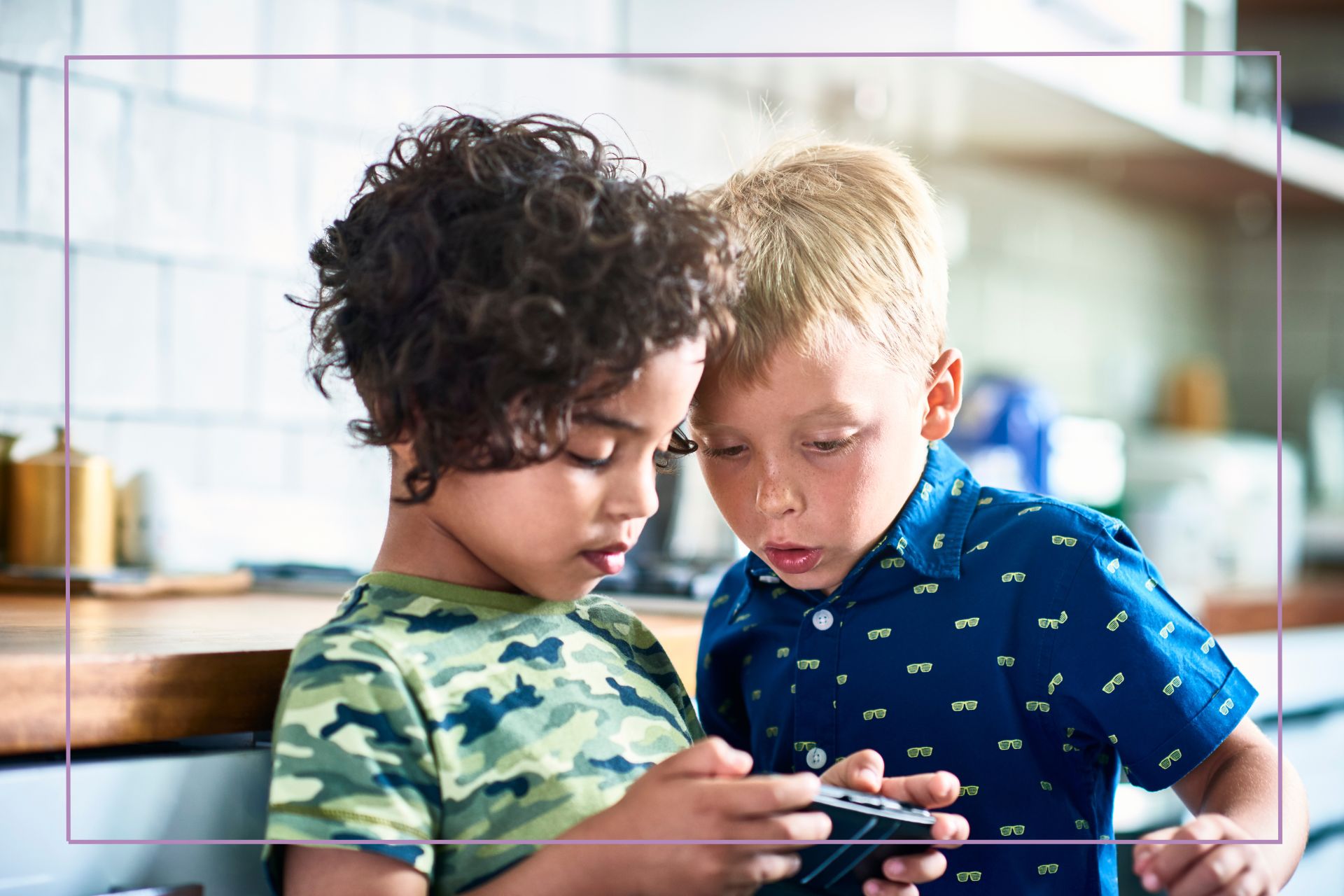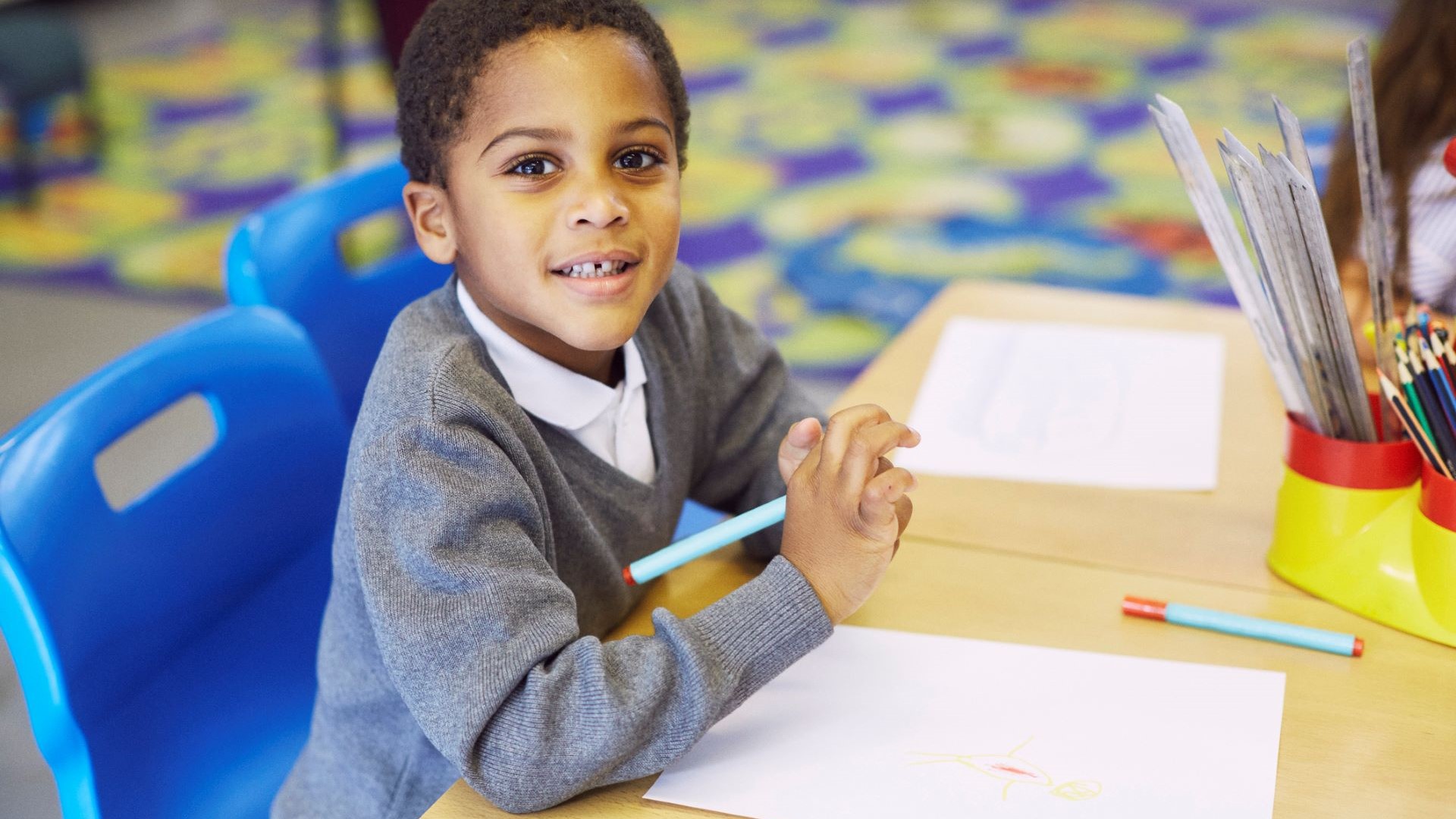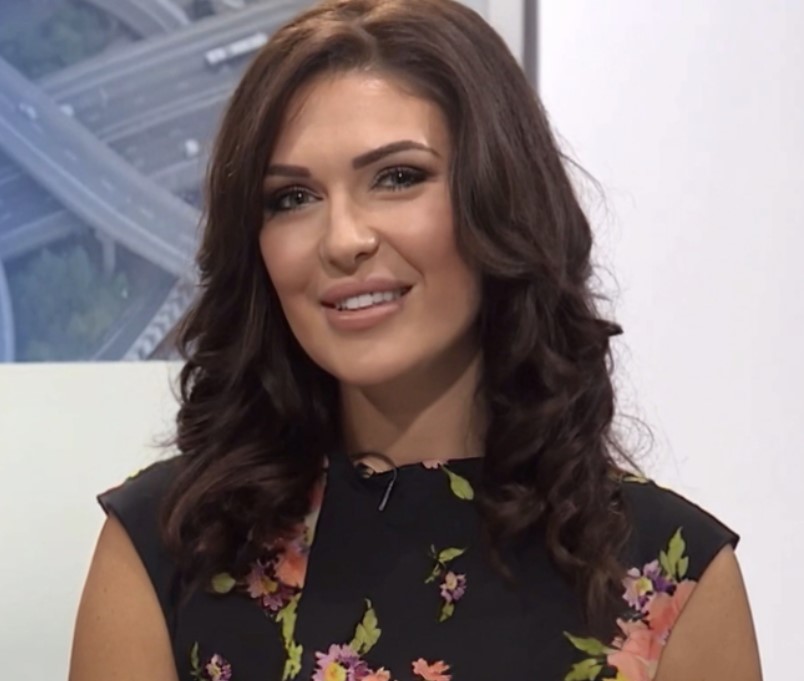No, you don't have to force your child to share - experts reveal why sharing can feel so hard for kids (and how to help)
Sharing is caring as the old saying goes, but how do kids develop the skill of sharing and how can we help them as parents?

Sharing - it's one of the first social skills we try to teach our kids. But for toddlers, and young kids the concept is bewildering. After all, from their perspective, everything in the world belongs to them (including you).
If you find yourself apologising every time your kid snatches a toy back or refuses to share their sweets, don't worry - all parents feel this, and it does get better with age. Your child will continue to develop in loads of other ways throughout childhood and their teen years. Find out more in our developmental guides, including baby’s first year, 1-5 years old, 6-12 years old and 13-16 years old.
Editor's note
This is a general guide to when your child may develop cerain social skills, including sharing. Do remember that all children develop at their own pace, and some children take a little longer to catch up than others.
“Around the ages of two to three, children begin to understand sharing and start to develop this skill through play with their friends and in imitation of your behaviour,” says social worker Paige Tuttle. “Yes, they’ll still have difficulty with sharing and may have a tantrum when they can’t have their turn or that toy, but as they reach school age, they should be more able and willing to share. Plus, their mastery of the skill continues to develop through early childhood.”
So does your kid have to share? When is the best time to start teaching sharing? Can learning this skill help your shy and unsure teen be more social? And are there any strategies to help them practice sharing or social skills? We totally relate to kids struggling with this, so we've got tips from Dr Becky Kennedy, Dr Rachel Molitor, and social worker Paige Tuttle to help with ideas on how to encourage your kids to share and be social at all ages.
Do our kids have to share? In short, no
The 'share share share' trope is something that's been around for decades, if your kid doesn't share they look like a 'mean kid' and no one likes the mean kid, and they grow up to be a selfish adult, right? Wrong. As Dr Becky says; "It's okay not to share sometimes." Talking in one of her recent Good Inside episodes she says "Imagine this: You’re reading a book and your friend says, 'Oh I’ve been wanting to read that! Can I have it now?' You probably wouldn’t hand it over mid-chapter, but offer to share it once you’re done, right? And yet, when it comes to our kids, we worry that if they don’t share immediately… they’re not a good kid."
She adds, "Not sharing in childhood sets kids up to prioritise their own needs... and to have things in their life they want for themselves. And it's also nice to share and connect with others and you can share and get them back." The mum-of-three and psychologist also highlight the danger of forcing kids to share; "You run the risk of making them more possessive. It makes sense, imagine if someone kept randomly taking things off you to give to someone else, it would make you maybe hide things to keep to yourself."
And it seems that one-half of @biglittlefeelings, child therapist, Deena could not agree more. The mum-of two posted to Instagram a recent interaction that made her realise how being forced to share as a child is now her as an adult unable to say 'no I'm not done yet, I'll let you know when I am.'
GoodtoKnow Newsletter
Parenting advice, hot topics, best buys and family finance tips delivered straight to your inbox.
A post shared by Toddler Experts
A photo posted by biglittlefeelings on
In her caption Deena writes: 'You’re at the playground, pushing your kid on the swing, when you spot another kid waiting in the wings. Your instinct is to say, “Oh, look, she wants a turn! Let’s get off and give her a turn!” But here’s the problem with the blanket push of “Share, share, share”: If that’s the ONLY message we’re giving our kids, we can lose sight of the fact that THEIR needs/wants/desires matter too.'
She adds: 'Just as important: Teaching a *kind* way to say, “No, I’m not done yet. You can have a turn on the swing in 5 minutes when I’m finished!” We want to teach our children to be kind and to be generous, AND We want to teach them self-assertive skills.' And we couldn't agree more. Teaching your child that their wants and needs are important too.
How your child develops socially throughout childhood
Getting kids to share their favourite new toy or the last biscuit on the plate can seem impossible, especially for tiny humans who think the whole world revolves around them. But the ability to compromise and show empathy starts growing early on - and develops rapidly with the right guidance from their best role models - you.
Even babies can read expressions and tones, building blocks for responding to others’ feelings later on in life. By the time they’re around two, playing side-by-side usually means, ‘I'll yank that toy from your hands now!’ Temper tantrums also peak as the ‘terrible twos’ assert their independence. But hang in there, parents! It gets better.
For kids under five, sharing and other social rules start sinking in, even if turn-taking with the best toys needs more work. If we keep patiently encouraging it, sharing starts to click more around ages 6-8. As friendships become vital emotionally and socially, kids balance their own needs with others’ needs more easily. According to psychologist Dr Rachael Molitor, "This is critical to developing confidence and becoming an individual."

By the tween years, kids can independently reason through problems and navigate friend drama themselves, thanks to improving social skills. Tweens become more aware of social norms and what’s socially acceptable. Dr. Molitor explains, "They have heightened self-awareness with a more complex understanding of their personal interests and values.”
The teen years cement the importance of sharing in tight-knit relationships. Whether it’s musical tastes, clothes, social media jokes, or other passions, sharing helps to bond and strengthen those teenage relationships. Here are some of the benefits of helping your child develop sharing skills early on:
- Generosity becomes second nature when you teach sharing early.
- Don't be surprised if your sharer makes friends more easily!
- Relationships blossom more when sharing is natural.
- Fewer toy-grabbing tantrums? Yes please!
- Sharing boosts kids’ confidence and self-worth.
- Early sharing prepares kids for cooperation.
When your kid might struggle, and what you can do to help
Issue: They want whatever toy THAT child is playing with, NOW
- Set their expectations ahead of time by explaining why grabbing a toy is not acceptable. You could even role-play this with them so they have a chance to practise.
- Explain that they can let their friend know when they are finished playing with it (As the adult, support them in remembering this)
- Work with the other child on how they might wait for the toy "Waiting can feel hard, what will you play with while you wait?"
- Heap loads of praise on your child for waiting to take their turn
Issue: They hate it when you give more attention to their playdate
- Gently explain that sharing your attention is important ahead of time and try to give them an example of how that might happen, or look like.
- Give them 10-15 minutes of your undivided attention (in other words - lovebomb them!) before the friend arrives to ease them into the playdate.
- Offer lots of fun and engaging activities to keep both children occupied.
- Give them lots of praise when you see them sharing or playing nicely.
- Keep the playdate short! An hour is more than enough if your little one struggles in these situations.
Issue: They get clingy in any social situation with more than a few people
- Explain the event before they go as knowing what to anticipate can reduce their anxiety.
- Validate their feeling "Something about this doesn't feel right. You can stay with me until you're ready."
- Let them take a special toy or blanket for security if it helps them.
- When they find the confidence to leave let them know where you will be if they need you.
- Give them plenty of praise if there are any moments without clinging.
Issue: Your tween or teen struggles to fit in socially, and it breaks your heart
- many struggle to fit in with their peers and it’s completely normal.
- If your teen has a special interest, encourage them to join a group IRL or online to help them explore that interest.
- Any chance you get, let your teen know that they are unique and special.
- Focus on the quality of your teen’s friendships rather than quantity.
If you’re worried about your tween/teen’s emotional well-being or behaviour, get advice and information from MindEd. It supports concerned parents and offers advice and information on where to go next.
Featured experts

Dr. Becky Kennedy is a clinical psychologist, bestselling author, and mum of three, and she is rethinking the way we raise our children. Specialising in thinking deeply about what’s happening for kids and translating these ideas into simple, actionable strategies for parents to use in their homes. Dr. Becky’s goal is to empower parents to feel sturdier and more equipped to manage the challenges of parenting.

Dr Rachael Molitor is a Behavioural Psychologist and a registered Chartered member (CPsychol) of the British Psychological Society (BPS). She specialises in behaviour change, with a PhD in emotionality and its relationship with feeding and eating behaviours in parents and children.

Paige is a mental health therapist with experience providing individual, family, and group therapy. She is COPE program manager at the Children's Hospital and Medical Centre, Omaha.
Need more advice and information to help your child with social situations? Find out how to talk about, and manage, your child’s mental health, discover 10 easy mindfulness activities for kids and get help navigating the tricky teenage years.
Joanne Lewsley is mum to a tween, and freelance copywriter and editor who creates parenting, health and lifestyle content for evidence-based websites, including BabyCentre, Live Science, Medical News Today and more.